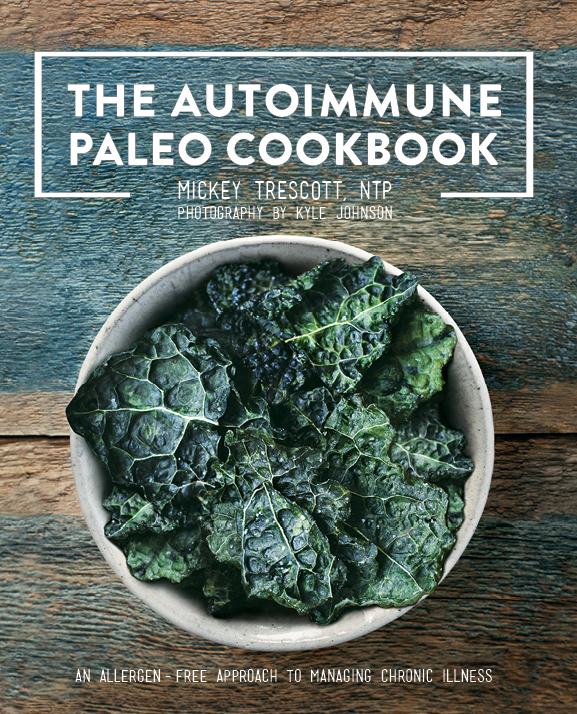This is the second article in a blog series about methylation. To read the introduction as well as the basics of methylation, click here.
In the first article in this series, I gave an overview about what methylation is and how the nutrients folate and B12 function to support it. I also listed some reasons why methylation can be disrupted, one of which has been getting a lot of spotlight in the chronic illness community as of late — genetic mutations. In this article I’d like to break down how genetic mutations can affect methylation.What is a SNP?
The term SNP stands for “single nucleotide polymorphism” and refers to mutations, or variations in the DNA sequence in a person’s genetic code. While some SNPs can cause a person to look different or have unique health issues, it is important to note that most SNPs seem to cause no differences between us at all. Everyone has SNPs in their DNA.
Here are two SNPs that research has shown affect methylation: Both of these genes encode the MTHFR enzyme, which is a critical component of methylation (if you are looking for the basics of methylation, check out this article). If this enzyme is not working at full capacity, our ability to methylate properly is impaired.
MTHFR (C677T) — This is a gene that encodes an enzyme involved in methylation (the methylenetetrahydrofolate or MTHFR enzyme). By far the most research has been done on this mutation, showing that homozygous individuals (those with both mutations) have 30% normal enzyme function and heterozygous individuals (those with one mutation) have 65% normal enzyme function.
MTHFR (A1298C) – This is a second gene that encodes the MTHFR enzyme. This one is not as well studied as C677T, but has shown to be problematic in those who are homozygous (those with both mutations) or also have a mutation on C677T (this is called compound heterozygous).
Depending on our ancestry, most people have a 50% chance of having one mutation on one of these two genes, and a 15% chance of having two. That makes these mutations quite common in the population.
While having mutations such as these does not specifically predispose a person to developing an illness or health problem, research has linked them to autism, miscarriages, depression, fibromyalgia, chronic fatigue syndrome, chemical sensitivity, Parkinson’s, irritable bowel syndrome, stroke, cancer, blood clots, autoimmune disease, and heart disease.
How do you find out if you have one of these genetic mutations?
The simplest and most affordable way to find out your methylation genetics is through a company called 23andme. For $99, they send you a saliva test kit, and after 3-4 weeks you can download your raw genetic data, as well as see your ancestral information via their website. 23andme used to give health prediction data, notifying users of their probability of developing certain conditions based on their genetics, but that feature has been disabled as of November 25, 2013 (no big deal though — you can still access your raw data!).
The home test kit is preferred over ordering through a doctor because it is affordable, simple to do, and doesn’t involve convincing a doctor. In addition, most tests through insurance will only look at one or two genes, instead of the whole picture.
I’ve got my results — now what?
Once a person has their raw genetic data, they can plug it into a free program to analyze it such as Genetic Genie. This will produce results related to methylation and detoxification, and show a person where their mutations lie.
Fair warning — a lot of people freak out when they initially see this report. It is important to note that mutations are common even among healthy folk as well as the fact that a lot of these mutations are not clinically significant. This means that there has not been enough research showing that these mutations have a clear cause and effect (besides the few I mentioned up above — we have a lot to study in the field of genetics!).
If you are feeling doomed by your results, make sure to take a deep breath and realize that environmental triggers do a lot more to influence health and longevity than genetics do (this article from Chris Kresser is a great read for anyone concerned here).
Now, there are a lot of articles floating around the internet talking about treatment protocols based on genetic results alone. One of the biggest takeaways from the seminar I attended with Dr. Ben Lynch last year was that we really have no way of knowing if a gene is expressing or not until that is verified with testing. Please be cautious with this information, and know that you really need to do work with someone qualified to assist you in putting together a supplement protocol (if you need one at all!).
That being said, in my next article, I will cover methylation treatment and support options, with some tips on steps everyone can take to ensure that they are best supporting their methylation cycle for optimal health.
References/Further reading:
https://mthfr.net/mthfr-a1298c-mutation-some-information-on-a1298c-mthfr-mutations/2011/11/30/https://www.seekinghealth.com/methylation-conference-dr-lynch.html


















9 comments
[…] This is the third article in a blog series about methylation. To read the introduction and first article in the series that covers methylation and key nutrients click here. To read the second article about genetic mutations that affect methylation, click here. […]
[…] genetic mutation that has been gaining a lot of attention in functional healing circles — the MTHFR mutation. Thankfully I had just connected with a functional medicine doctor in Atlanta who tested me for the […]
[…] (If you are interested in reading more about methylation, folate, and MTHFR, check out Part I and Part II of my blog series on methylation). Think spinach, kale, collard greens, and chard… […]
[…] ranges. My thyroid hormones were optimal. My methylation was working well in spite of having a heterozygous MTHFR mutation. My liver, kidneys and adrenals showed optimal function. There were no yeast, parasites, fungi or […]
[…] Resources: The Difference Between Folic Acid and Folate (important information for anyone taking supplementation to help with methotrexate side effects.) What is the MTHFR Mutation? […]
I just went on the 23andme website and they no longer test for the MTHFR gene test. https://customercare.23andme.com/hc/en-us/articles/236409067?input_string=mthfr+gene
Agnes, they haven’t been providing reports for years. They do provide the raw data, which you can use to find out if you have various MTHFR or methylation related mutations.
I failed both of my 23andMe saliva tests (too little DNA in my saliva). Is there another company that offers testing that you recommend?
Thanks!
Melissa – I’ve never heard of this happening before! Unfortunately, 23 and me is the only company I have personal experience with. If you find another that works well, come back and let us know!